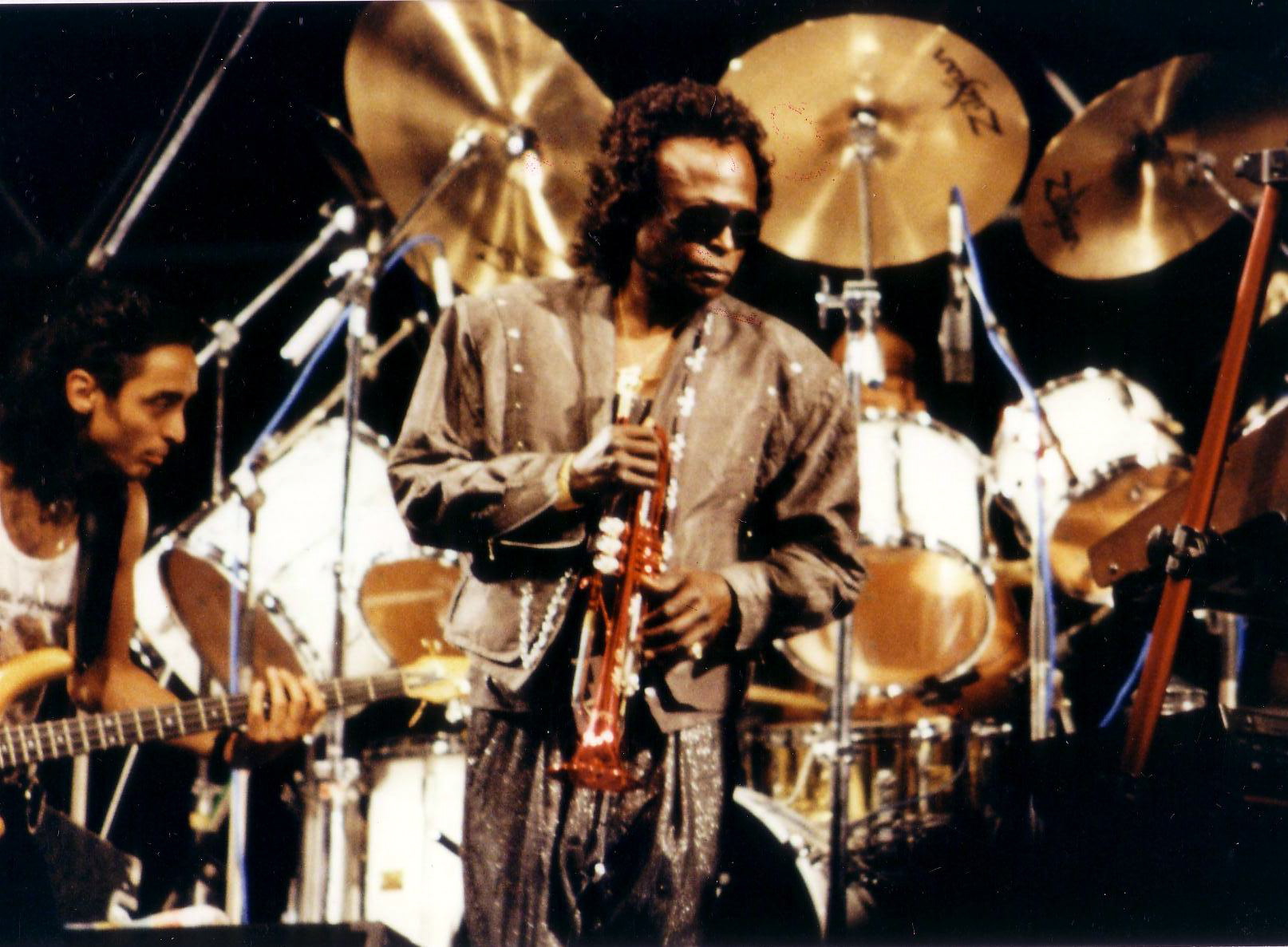This is a Theological Reflection using the Whitehead and Whitehead, Correlation Method. This style of reflection has strengths in having conversations between culture and theology. The findings of the reflection should have an outcome in informing decision making going forward.
The process flows through three stages: Firstly, Attending, which is to seek out the information on a particular pastoral concern. Secondly, Assertion engages the information from the sources in a process of mutual clarification and challenge in order to expand and deepen religious insight. Thirdly, Decisions moves from insight through decision making for pastoral action.
Attending
Over the last few months I have been developing Minecraft church I have been forming a list of things I have noticed over the weeks as an extended form of the Attending process. Of the many things of note I have taken a cluster to look at here.
Our server is open all week round. Players can come and go (with safeguards in place) and build and interact as they wish. When we meet on Sundays our world is opened up. We meet in the ‘open air’, outside on floating islands from which we can nip through purple glowing gates to other worlds. These other worlds have different properties, such as perfect flat emptiness (at the start!) or undulating landscapes with desert, arctic regions, temperate forests and other biomes with appropriate real and fantasy flora and fauna. We gather, pray and then play a game together. Mostly these involve building, but sometimes flying, shooting arrows, pig racing etc. We have discussed Internet safety, our rules and values as a server using signs. We have taught each other how to do different things. We take significant time to dwell in a passage of the Bible from the Lectionary or on occasion something from tradition (Christingles, Candlemass). We always finish with a blessing. The children always read the prayers and blessings.
We have explored scripture by building and interaction through our player characters. On Palm Sunday we were following the story of Palm Sunday. We had created a Jerusalem street starting at the city gates. I made some suggestions of putting traders stands in. The group of children I was working with wanted to start a business selling palm leaves.

At times I was partly trying to force a closer interaction with Christ and trying to urge them to re-enact the narrative as I understood it.
I mentioned that city gates often were a place to pay a duty to come into a city. They placed a cup on a wall. Then one of the kids sat down and decided to become a beggar. They showered the beggar with coins, then bread and finally diamonds and emeralds. Then they led Jesus on the donkey up and down the street with different ones upon it. They had most interest in becoming the beggar and this dominated the time to my surprise and contrary to my planning and expectation.
It takes me thirty seconds to read this passage from the Bible. We dwelt in the story for about 20-30 minutes then went to see what other groups had done for another 10 minutes. We did not dwell on the points I expected to dwell on, nor was Jesus central as the preacher in me might hope for! I had made the decision to allow this to be a time for exploring and not to use the Minecraft medium as a simplistic visual illustration for a sermon or talks (the only times I have tried to address them I was skewered with tridents, pushed through holes in the world and had lava poured over me!) Rather, I wanted to see this as a cultural medium I could explore. I address this in a different reflection in Participatory Culture.
Assertion
Here I will look at the longer section, in particular as it has parallels to the Godly Play method. However, I think it is important to take what we do in its entirety, as a community that has daily interaction as well as a fixed meeting time. To extract the longer focused interacting with scripture time from the whole context would fix the focus on a pedagogical approach to discipleship: looking at the whole means we take into account the non-formal and socialisation aspects of discipleship.

On one level it construction, another was puppetry, the art of telling a story though puppets on another level we were actors. Yet we skipped backwards and forwards in the narrative. We constructed the world (I would use ‘set’ here but ‘world’ is the word that Minecrafters use), broke it down and remoulded it as we needed. There is an effortless plasticity to Minecraft building. We could pause, explore. One person’s ideas sparked another and they would complete what someone else started. There was humour and playfulness. This has increasingly seemed to me like a group of musicians playing Jazz. There are core elements and structures and then wild improvisations that together create a wonderful dynamic soundscape. We quickly noticed that the players listen WHILE they are building, not before! Of course there are other forms of play such as combat, role play and competition.
‘Play’ seems the dominant metaphor but the construction and artistic side of the building indicates that two aspects of the world are needed: Play games and Play music.
Play
I don’t consider ‘Play’ to be a childish activity. Harris says “Play is not a childish thing. As adults we play in different ways to children, but play still brings out a sense of newness in whatever we are doing, as we learn and grow.” Play is a broad term, as there is a breadth to the activities, the materials used (if any), interactions with others and energy. Harris again: “Play is a generic term applied to a wide range of activities and behaviours that are satisfying to the child, creative for the child and freely chosen by the child. Children’s play may or may not involve equipment or have an end product. Children play on their own and with others. Their play may be boisterous and energetic or quiet and contemplative, lighthearted or very serious.”
I was aware of the Godly Play movement but had not engaged with it previously. Godly play was developed by Berryman building on some of the theories of the educator Maria Monetesorri. Montesorri is well known educational theorist yet she also had strong a Catholic faith and also reflected on theological aspects of childhood. Godly Play is practice that engages a group of children with a Bible story giving space for playful exploration of the story and its application. The aim is not information but transformation: “What is natural to children is to love what is around them, and, as Montessori says, “Children become like the things they love.”
This is a informal approach to discipleship. I understand discipleship is a process of following Christ, becoming like him by patterning our lives after his. There is learning implied here, as otherwise we will not know what Christlikeness is. However this learning takes many forms. The Godly play form is an informal approach.
Moore takes a learning theory model to explain types of learning that he sees at work in Messy Church. He contrasts ‘Socialisation’ (learning from our relationships and culture, for example learning to speak your mother tongue; from your mother!), ‘Informal Learning’ (such as apprenticing, mentoring, working alongside) and formal ‘Intentional Learning’ (such as sermons, courses, Bible studies). Jesus would make Informal learning from the day to day happenings, when walking and eating (Matthew 12:1-8). The Apostles who lived with Jesus were primarily discipled by Socialisation and Informal learning. St Paul urged Socialisation (1 Corinthians 11:1, Philippians 3:17) as did the writer of Hebrews: “Remember your leaders, who spoke the word of God to you. Consider the outcome of their way of life and imitate their faith.”(Hebrews 13:7)
Interestingly, Moore grasps the importance of a slow exploratory approach to faith in which a person senses the call to follow Christ and how it is coupled to forms of Informal discipleship, rather than demanding highly literate forms of learning. He says, ‘Learning to be a disciple is rather like learning to play a musical instrument. Lectures and books are not likely to be an encouragement.’
This gives me a strong sense that Minecraft church, being rooted in a computer game may well have the right ingredients to explore discipleship through forms of play.
Importance of Children
Looking more deeply into the concept of play brings out the strong importance of the place of the child as a possible true model of a disciple. Jesus valued children highly. Moore questions whether we can truly make disciples if we exclude the childlike from amongst us. Can someone truly become (not just ‘learn’) in peer groups? Montesorri explores the theology of the child through Jesus’ saying “Truly I tell you, unless you change and become like little children, you will never enter the kingdom of heaven.”(Matthew 18:3) Carnes writes “She builds on this reading by chastising adults who believe that it is they who love the child and the child who must be taught to love. Montessori deflates this egoistic illusion by professing the child the better lover.” Continuing, “But Montessori asserts that we should understand the Christ who is hidden in every impoverished person to be likewise present to us in the child.”
Montesorri here is a saying that an awakening of the adult comes through the child, not from moral superiority, but because the adult world they have participated in and constructed is out of balance from God. The child starts free from this but is moulded and formed in the adult way. This is Montessori’s concept of original sin.
Timmer considers children to have an deep draw to relationships and being in relation to others. Through this Timmer writes “The basic assumption is that children know God; they know what it is to play hide-and-seek with the elusive presence of God within themselves and the world; they have experienced the dance of the divine that the poet Hafiz described in the fourteenth century.”
Harris continues this theme noting how play is incorporated by the child: “Every child should know the joy of discovering the world that God has created, in no small part, for our pleasure. Children do this quite naturally through play and, often, in so doing, they encounter the great Creator, hence beginning their journey with God.”
Taking Jesus’ idea seriously, that we must change to become childlike to enter the kingdom of heaven, is a challenging one. We must ask if our forms of church communities place children and adults together in way that they can mutually form each other in discipleship. We have to question whether something that seems playful and childish is not perhaps the more profound way of behaving if we want to grow in Christlikeness.
Godly Play, SPICE and the Ignatian Imagination
These insights lead onto the ‘how to’ questions of doing church together. Timmer notes that “Christian education in the modern period has focused energy and attention on teaching children (and adults) about the Bible, about the characteristics of God, about what a ‘good Christian life’ is.” His critique is that this is not needed, children already have a strong senses of God and loving relationship but “what they lack is the language to express and interpret that knowing.”
Godly Play has a very structured form that embeds the thinking of Berryman and others. It introduces a story, provides materials that can be used by the group to play with the story. Godly play is then guided through ‘I wonder’ questions that invite imaginative engagement with the story; wondering about how this relates to us, whether we have experienced similar feelings. My own experience of asking such questions is that this is quite an art and hard to learn (or rather unlearn more informational approaches to question asking). In my view this is where the metaphor of a playing music such as Jazz becomes clearer, especially taking a social aspect into account. We improvise together in the world. This may even be a stronger aspect in Minecraft church than in Godly Play.
Apart from the overall seriousness that Godly play proponents take their subject(!) there is one key criticism from the Ignatian perspective. Ignation spirituality also strongly encourages the engagement of the imagination and a ‘playful’ approach to dwelling within scripture. The criticism is that few of the collection of core stories used by Godly Play are centred on Jesus. Timmer writes “However, the Ignatian emphasis on the mission of God and our participation in that mission may not be obvious—or even covered.”
Godly play has much to offer but certainly needs to be balanced with the medium of Minecraft church and more careful considerations of what goal of discipleship is. Harris offers a simpler model that captures some of the key ideas considered around play in the SPICE acronym.
- Social: All generations included.
- Physical: Play includes the liturgical movement of worship, the physical space and other objects which that sparks play responses.
- Intellectual: Play involves ‘wondering’.
- Creative: Play and creativity go hand in hand. A creative response can arise and can be used in response to worship.
- Emotional: Play allows participants to experience a range of emotions in worship, prayer, through ‘wondering’ or indeed spiritual experiences.
These aspects I have been investigating above, all outline that there are traditions that have drawn on and contribute to a theology of play. The ideas are rich and powerful, although different from the forms of church that I have been accustomed to or raised in. There is a great contrast to the weekly experience of adult and child separation with formal sermons and Sunday school lessons respectively.
Decision
I have been investigating, considering and trialling the ideas I outline above with the Minecraft Church. So how will I proceed?
It is clear that starting a community which is forming right at the centre of a computer game or ‘Gamespace‘ requires me to spiral outwards from play. Affirming that is one key decision. For Minecraft church this means taking a SPICE based ‘I wonder approach’. I have been attempting to use this method and it certainly seems fruitful so far. This approach informs the question of playing at being a beggar I wrote about above. Do we see Christ more in the beggar than in the one who is entering on the donkey? This is actually a profound question and arguably more relevant to a players life outside of the game. They will meet beggars, but are unlikely to experience Palm Sunday. Will how they respond ‘to the least of these’ as responding to Christ, to usher them closer to the Kingdom of Heaven?(Matthew 25:37-40)
I also am decided that the selection of material to dwell within is important. An Ignation influence on the key stories about Jesus is important to continue. I would love to build Noah’s Ark and fill it with animals (and we probably will!) but I need to deeply consider questions of focus. We are yet to explore parables but I am looking forward to doing that. The Epistles will be difficult but Revelation may be interesting as we have dragons! Exploring some liturgical symbols and forms of worship will also be helpful to throw into the mix.
I am also going to avoid forms of proclamation or preaching that embrace a pedagogy of one expert speaking to a silent many. Given the riches of a play approach especially coupled with a very powerful social approach (we have not done anything as independent individuals) I think we have some wonderful music to make together!
Bibliography
(For full bibliography see Bibliography)




Leave a Reply